How to Support Employee Career Development
Employers who invest in developing their current team members have better retention rates. This is true across different industries and companies of varying sizes. However, leadership does not always recognize this trend. At one company, if an employee left for a better opportunity, it was because they were a millennial who did not value loyalty. At another, turnover was blamed on the type of role – as if hourly employees do not want to grow their careers. Today, the common phrase is that “no one wants to work anymore.” Say what you will about those who choose to leave their jobs, at the end of the day it boils down to creating a workplace where employees feel valued and are empowered to grow their careers.
And right now, the Great Resignation is a black cloud looming over large and small businesses alike. Americans are leaving their jobs in droves. According to recent statistics, 4.3 million Americans quit their jobs in August 2021, on top of the combined 11.5 million that resigned in May, June and July. And there currently is a record number of job openings, which at last number has reached almost 11 million. With company growth and survival hinging on the right mix of talent, leaders looking for ways to retain and attract employees in this crisis might want to re-examine their companies’ career development policies.
In light of all the challenges we’ve faced in the last 18+ months, today’s talent needs to be motivated and appreciated more than ever before. They want to connect with companies that care about their professional aspirations. If management fails to support the career goals of their teams, they risk having talented workers feel unvalued. Morale will sink and some talent may end up jumping ship, causing productivity and innovation to nosedive. That’s why as HR professionals, we always stress the importance of placing employee career development at the center of company policies.
5 Actions to Support Employee Career Advancement
There are many ways to demonstrate to your workforce that you truly care about their plans to grow professionally. Here are a few actions organizations and leaders can take to help promote employee development, and in turn enhance engagement.
1. Show real interest in employee aspirations
One of the most important, yet simplest, things you can do as a manager is to show that you genuinely care about the career plans of your team members. Actively listen to their expectations, as well as their near and long-term aspirations for moving up in the company. This will allow you to assess how to best align their advancement goals and skill development needs with the organization’s priorities.
2. Help define a career development path
Once you have a grasp on the employee’s vision for the future, help them plot an upward path within the organization. Identify both small and large objectives, set milestones, and connect them with colleagues who can help propel them forward. These steps not only express your interest in their achievements, but more importantly empower them to control their career journey.
3. Promote educational training and courses.
It’s not enough to want your team to better themselves, you need to help them do so through job training and continuing education initiatives. Offer a variety of skills training courses to not only improve existing skillsets, but to also offer opportunities to train in other areas. Push your workforce to pursue degrees or licenses for which the organization will pay part or all of. Arrange for lunch-and-learns and encourage participation in industry events to stay on top of the latest trends and developments. All of these actions let your workforce know you want to play an active part in the elevation of their career.
4. Foster a mentoring environment.
One of the best ways to invest in your employees is to start a mentoring program. The advice senior team members can offer less-experienced colleagues is invaluable. The converse is also true, as those older, higher-ranking members can benefit from the fresh perspective and technological savvy of the younger workforce.
5. Remind employees of the importance of their roles in the company.
Never assume that your employees know how important their contributions are to the organization. Take the time to remind them that their role is key to company growth by highlighting progress toward objectives and how their contributions have helped achieve goals.
We have worked for companies that invest a lot of time and energy toward supporting career advancement. The result? Engaged employees who not only have long careers within that same organization, but who are also loyal consumers and advocates who constantly talk about how great their company is.
Supporting employee career development is not only important for the employee, but also for the organization over all. When management takes an interest in the career aspirations of their team members, it enhances morale, fostering motivation, which then boosts productivity and the bottom line. And in the face of today’s hiring and retention crisis, keeping employees engaged and appreciated is imperative.
 En Español
En Español








